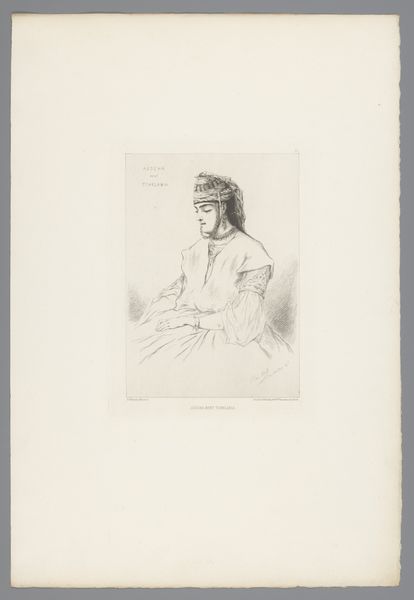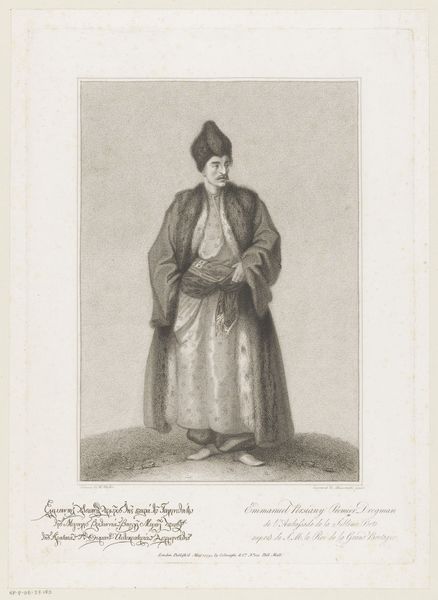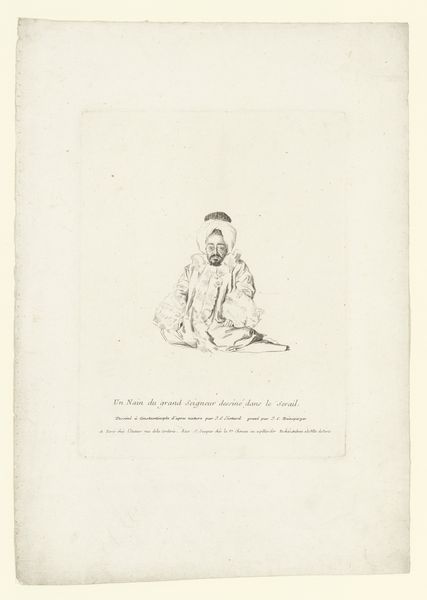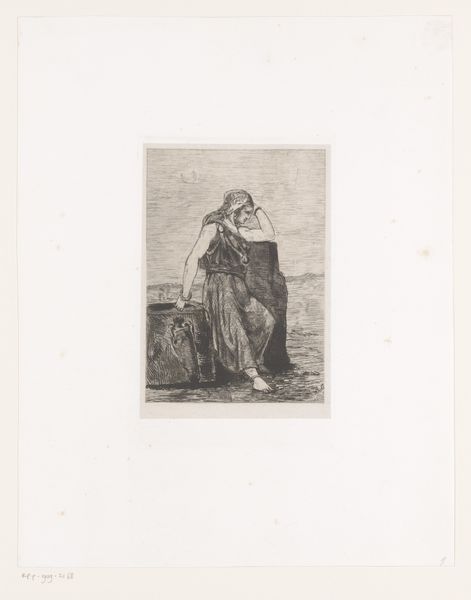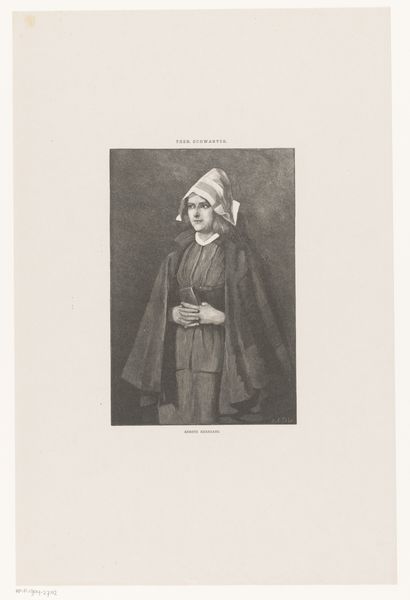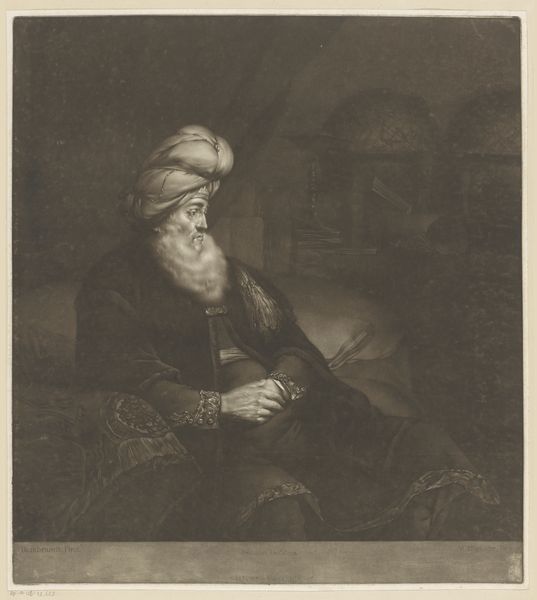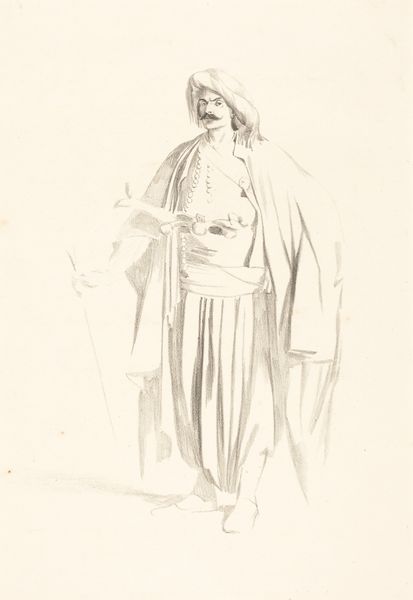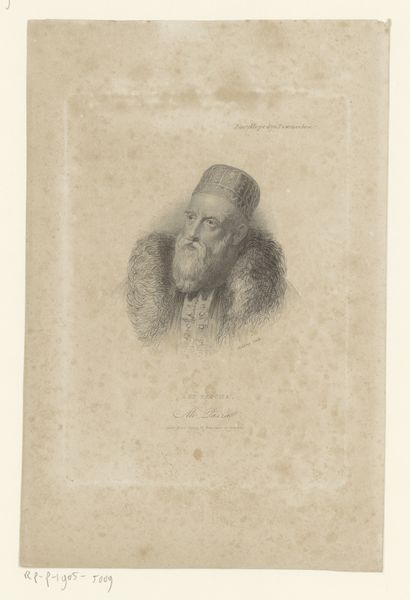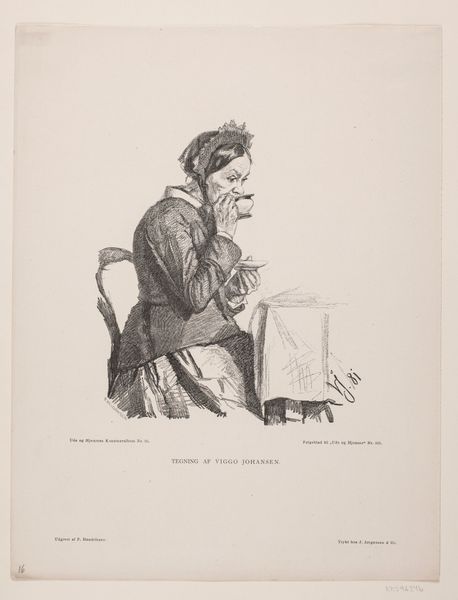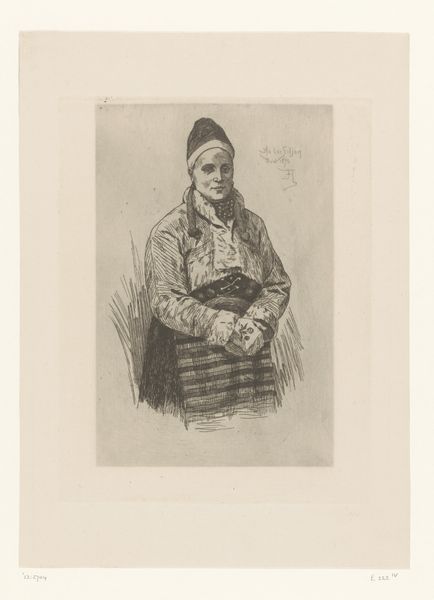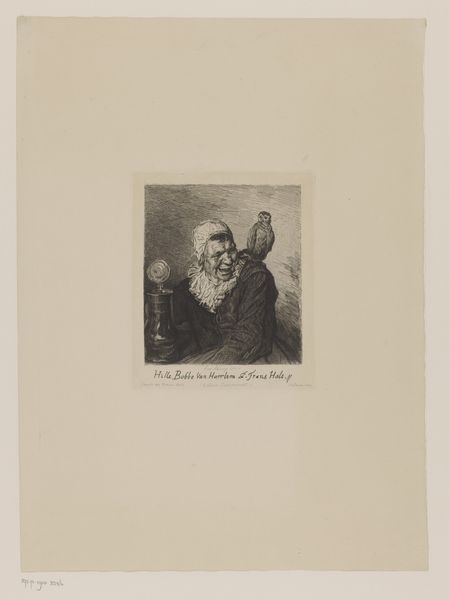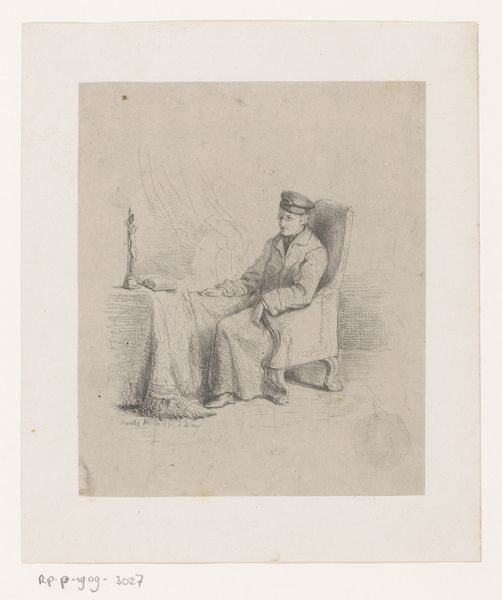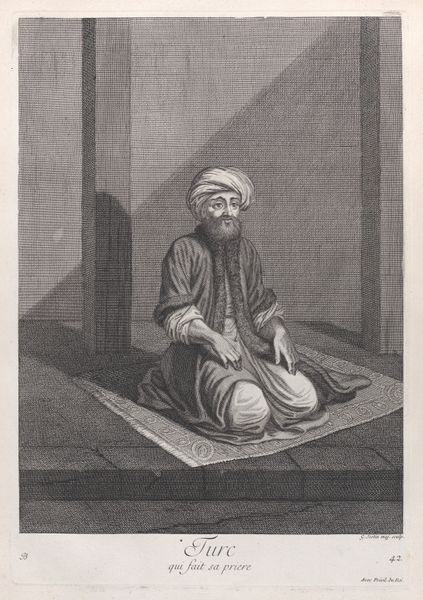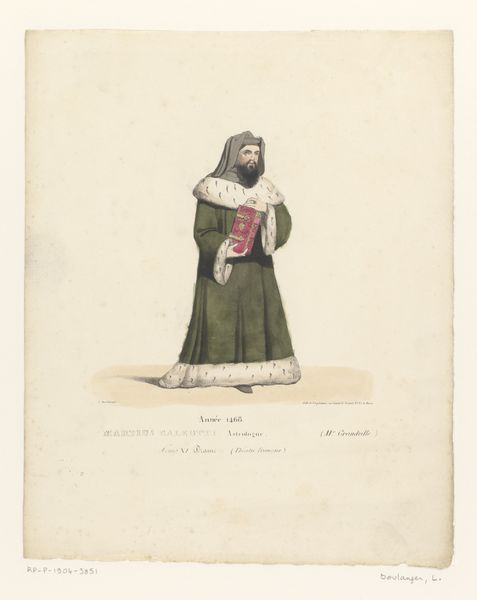
drawing, pencil
#
portrait
#
pencil drawn
#
drawing
#
narrative-art
#
pencil sketch
#
pencil drawing
#
pencil
#
orientalism
#
realism
Dimensions: height 433 mm, width 326 mm
Copyright: Rijks Museum: Open Domain
Curator: Editor: We’re looking at a portrait of Ibrahim Pasha, drawn in 1846 by Jean-Pierre Moynet, using pencil. There's something really striking about the way he's depicted, almost regal, but there’s also a weariness in his posture. How do you interpret this work? Curator: This piece, and many like it at the time, participates in the visual language of Orientalism. Consider the artistic license taken. It reinforces particular power dynamics, doesn't it? It suggests a 'civilized' gaze observing a supposedly 'exotic' subject. Does Moynet's realistic style further emphasize that power imbalance for you? Editor: Yes, I see what you mean. It feels like this level of detail almost objectifies Pasha. What kind of public role would such a portrait have served in 1846? Curator: Well, consider the burgeoning interest in the ‘Orient’ within Europe at that time. Such images could simultaneously fuel curiosity and reinforce a sense of European superiority. Portraits like these often circulated widely through reproductions, shaping public perception of entire cultures. Did they aim to inform or primarily to reinforce existing cultural narratives, do you think? Editor: Probably a bit of both, but leaning more toward reinforcing existing narratives. I hadn't considered the impact of widespread distribution like that. It’s made me realize how careful we need to be when viewing historical depictions of other cultures. Curator: Absolutely. Art serves not only as a mirror but also as a constructor of social realities, often reflecting the biases and agendas of its time. Considering the artwork’s life in a wider historical context brings into perspective a lot. Editor: Definitely. It makes you think about what's *not* being said, or shown, just as much as what is.
Comments
No comments
Be the first to comment and join the conversation on the ultimate creative platform.
